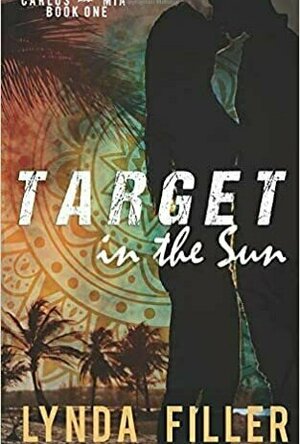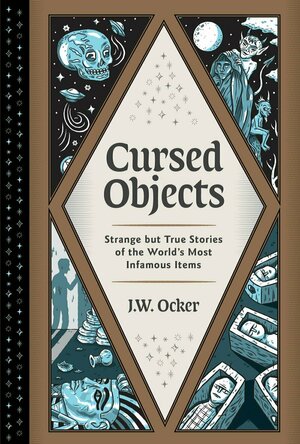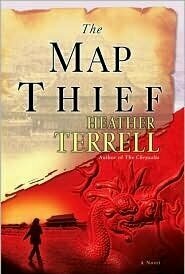
Mists of the Serengeti
Book Watch
From New York Times and USA Today bestselling author, Leylah Attar, comes a compelling, emotionally...
Romance fiction

Remote File Manager
Business and Utilities
App
Remote File Manager allows you to directly access your files on remote computers (Mac, Windows,...

Target in the Sun (Carlos & Mia #1)
Book
'TARGET IN THE SUN', a moving, high anxiety romance thriller, takes place on a perilous journey...

Cursed Objects: Strange but True Stories of the World's Most Infamous Items
Book
An illustrated compendium that reveals the true stories behind the most infamous, creepy, and...

The Map Thief
Book
Beijing, China, 1421: It is a momentous time for the Ming Dynasty. Honoring the completion of the...

Pirate's Mark
Tabletop Game
Pirate's Mark is a fast-paced card game of confidence, discovery, and bluffing. Avoid the dreaded...

Teotihuacan: Expansion Period
Tabletop Game
Teotihuacan is expanding into an empire! The city is growing beyond its old borders, military...

British Airways for iPad
Travel and Business
App
To Fly. To Serve. Explore the world from the comfort of your sofa with the new British Airways app...

Rego — Manage your favorite places and routes
Travel and Utilities
App
Rego is everyone’s favorite app for keeping track of places and routes. From travelers planning...

Jakarta Map and Walks, Full Version
Travel and Navigation
App
Lose Yourself Without Getting Lost. This handy application presents you several self-guided city...